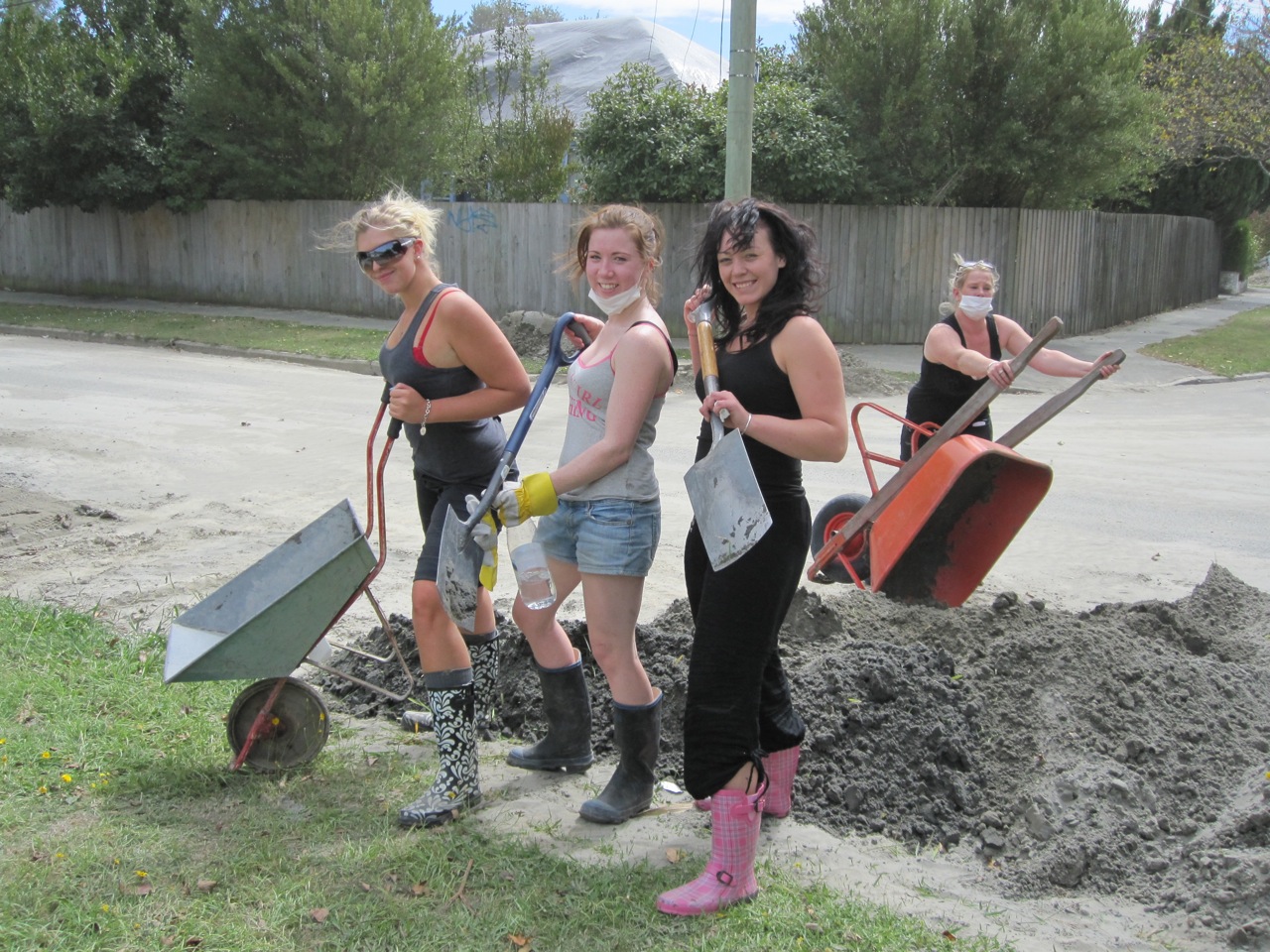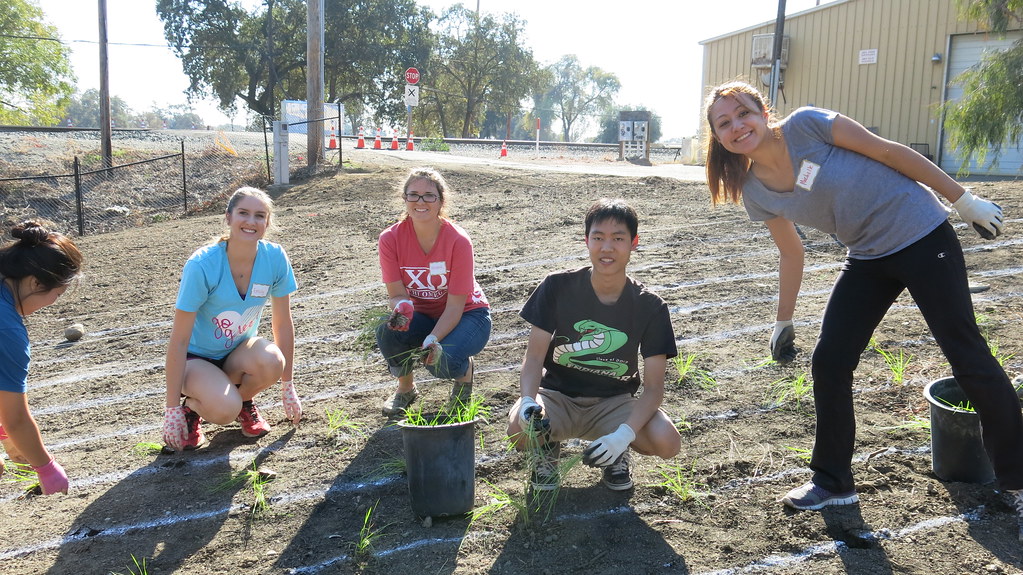Our students spend 13 years in public (or private) education
hearing only about what they may "get" from it. You need to do well
in grade school to "get" into high school. Do well in high school and
you can "get" into a good college, "get" scholarship money
and grants, and so on. Earn a college degree so you can "get" a good
job so you can "get" stuff. I believe it would greatly strengthen the
education system, and our society, if we focused more on what students can
"give."
Some simple gifts a child can give to a loved one include
helping with dinner or household chores, a Free Hug coupon, singing a song or
presenting a dance routine. Some gifts our students can give to the school
community include peer tutoring, helping to clean up around the school, starting a flower garden, making
gifts for those who are less fortunate, and fundraising. Some gifts our
students can give to the community are joining a service organization like the
4H Club or the national scouting organizations, volunteering at a local hospital, picking up trash on the side of the road, or helping
a neighbor with yard work or babysitting.
Our students have so much to offer and yet without the
example being set for them it never occurs to many that they should be expected
to give and not just to receive. I know many of you would agree there is often
much more joy in giving than in receiving. One of my students is so excited
that he was able to buy gifts for his family for the first time this season. He
is spending money that he earned through hard work. He says that he is so
anxious to give the gifts he is having a difficult time waiting until
Christmas! This young man has learned the joy of giving.
The well-known psychologist, Erich Fromm, wrote:
“Giving is the highest expression
of potency. In the very act of giving, I experience my strength, my wealth, my
power. This experience of heightened vitality and potency fills me with joy. I
experience myself as overflowing, spending, alive, hence as joyous. Giving is
more joyous than receiving, not because it is a deprivation, but because in the
act of giving lies the expression of my aliveness.”
I found a number of Websites that list opportunities and
resources for young people. Here are a few of them.
As we move into the New Year, perhaps we can keep these things in mind and look for opportunities for our students to give of themselves and to share their gifts and talents with others so that they might experience this joy.

Thank you for listening.





